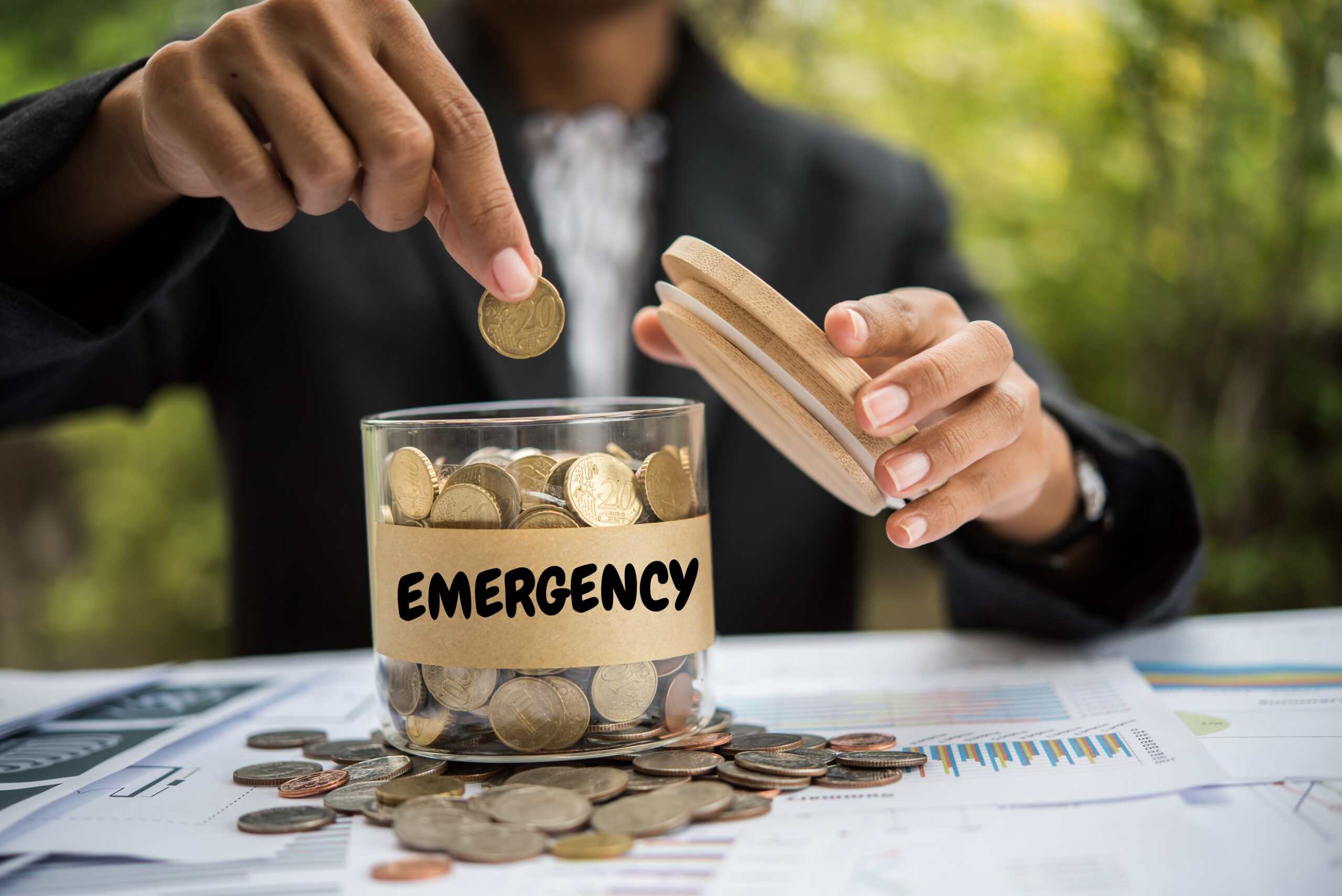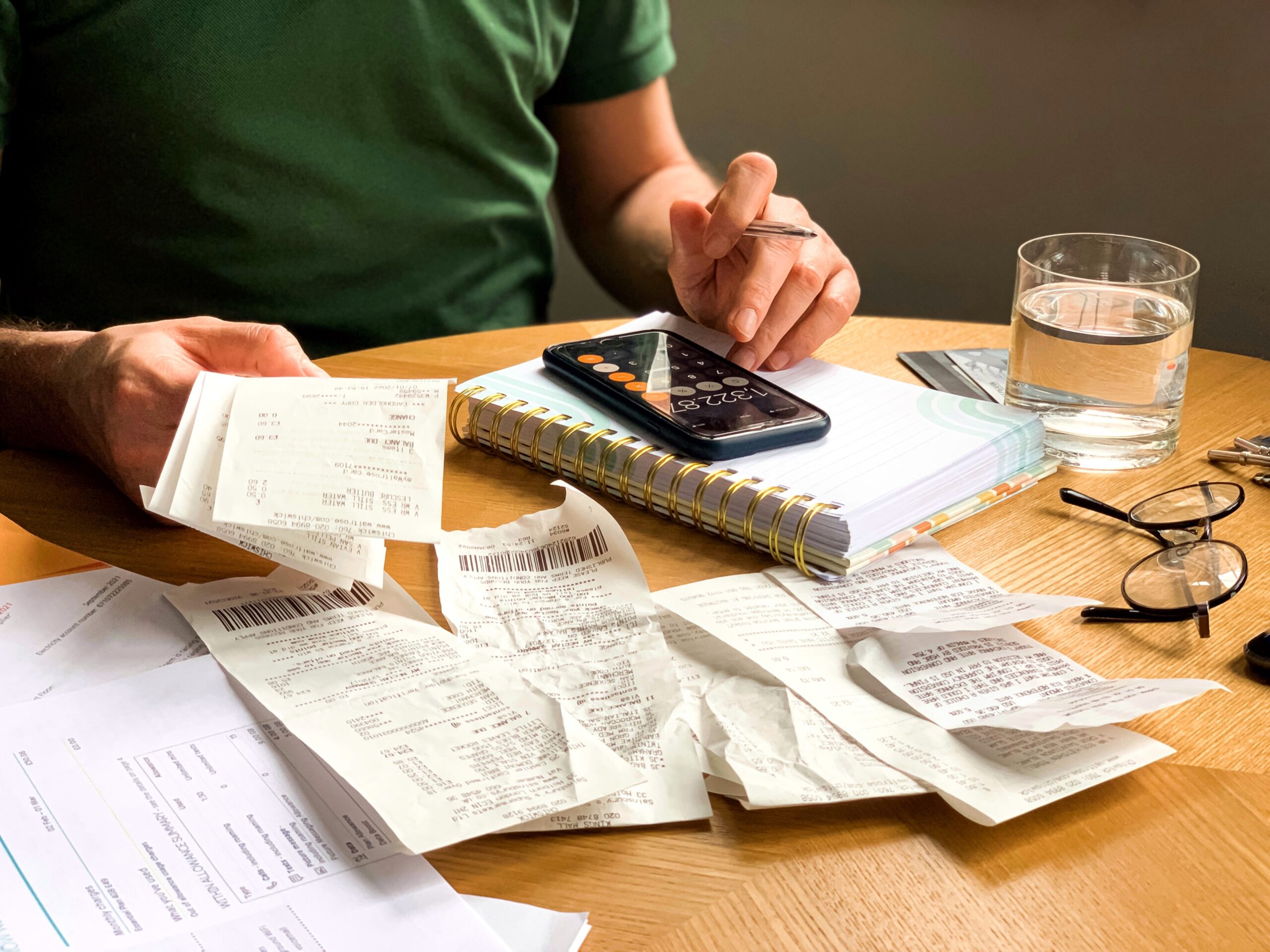Have you ever gotten caught in an accident or other unforeseen home fixes which you weren’t financially prepared for? The stress and frustration that sometimes come with such incidents may not be worth the worry. Don’t get caught during times like these without a financial solution.
Keeping and maintaining an emergency fund
From the moment you begin work and start earning income, you will most likely start to collect regular expenses such as household bills and expenses and even loan repayments and regular monthly savings.
However, many people overlook the need to keep and maintain an emergency fund which is ideally used to deal with unforeseen incidents. An emergency fund is basically a fund which you should never touch because it is your safety net in case of any unfortunate incidents.
It is advisable to set up a separate account for your emergency fund.
The account that you choose for your emergency fund should be easily accessible when needed.
Be disciplined in maintaining your emergency fund account and make sure that the amount of funds you have matches your monthly needs which may or may not increase as the years progress.
Avoid using these funds for purchasing luxuries or paying for holidays which are not an emergency. If your emergency fund receives interest, you can transfer access funds to your savings account, so in a way your emergency fund could also earn you income in interest.

How much do you need in your emergency fund?
List out all your necessary monthly expenses. These should include – phone bills, car loan repayment, house loan repayment, rental, children school fees, insurance premium payments, electric and water bills, petrol expenditure, food and groceries expenditure and so on. Once you have covered everything, consider what you can strike off as unnecessary.
For example, you can temporarily disconnect your television or Internet services which could save you a few hundred dollars if the need arises. With this final list, total up the amount and then multiply it by six months. That is the total amount that you need in your emergency fund.
Why would you need an emergency fund?
In countries where the economy is more volatile, your emergency fund could help to cover your monthly expenses in the event that you lose your income.
Your emergency fund should be able to see you through four to six months of unemployment and help you carry on paying your regular bills and necessary living expenses. An accident is an unforeseeable incident. The cost of car repair is not cheap and usually it takes us by surprise.
In Brunei where having a car is a necessity in order to get around, getting your car fixed quickly without having to worry about finding ways to pay for repairs would be in your best interest.
Other incidents that may catch you unaware could be natural disasters like floods or landslides that can cause extensive damage to homes or cars.
Having an emergency fund may not be able to fix things immediately but it can help you get the more necessary things sorted out quickly without adding financial strain to your regular cashflow.
Other emergencies could also mean unexpected medical illness.

Where do I start if I don’t have an emergency fund yet?
All financial goals are worth working towards to ensure your financial stability which is really only in your best interest.
Building an emergency fund is a short term goal. But bear in mind that short term means at least three to five years.
That is plenty of time for you to build on this. If you are young, it is even more realistic.
If you put aside BND150 per month for five years, you will have BND9,000 set aside which is a good enough amount to have in your emergency fund.
If you receive bonuses, don’t forget that you can allocate a larger amount from your bonus into your emergency fund hence achieving this financial goal faster.

If you are already more mature with children requiring education financing and your retirement near, then you may have to reassess your financial priorities.
This is a different matter entirely where you should be thinking about building on your retirement fund already.
Discipline is the key to reaching your financial targets and goals.
It is also the same with all aspects of life, be it at achieving good results in school, staying fit and healthy or building your career.
Discipline, focus and some good advice will help you achieve what you set out to do. – STANDARD CHARTERED BANK BRUNEI
This article is for general information purposes only and whilst the information in it is believed to be reliable, it has not been independently verified by us. You are advised to exercise your own independent judgement with the contents in this article.



















































